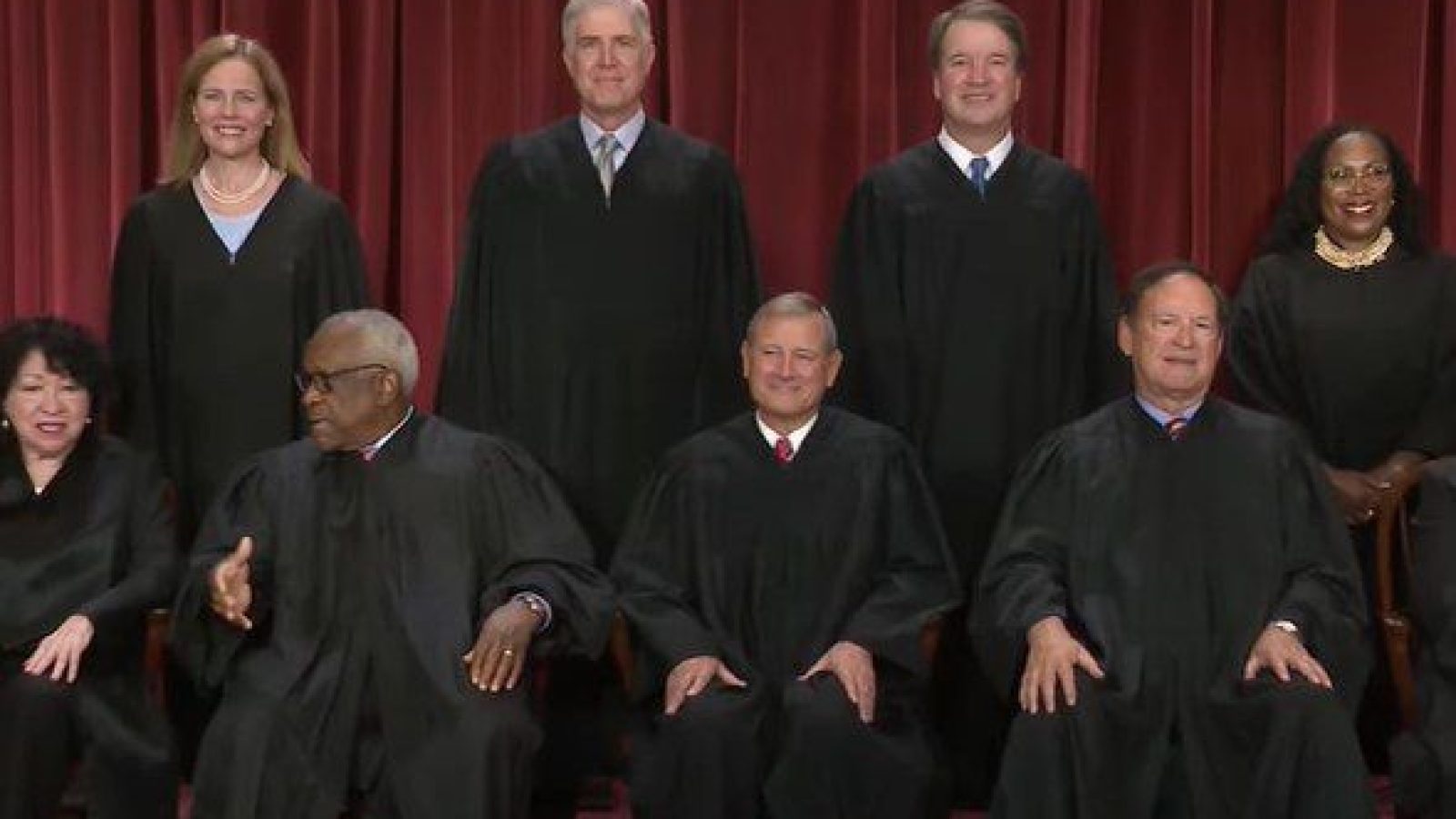The United States Supreme Court made a huge ruling that has a major impact on Christians throughout the country.
In an unanimous ruling, the US Supreme Court ruled in favor of a Christian mail carrier who was required by United States Postal Service to deliver packages on Sunday despite the man requesting off on Sundays to go to church.
Gerald Groff who hails from Pennsylvania was required by USPS to deliver Amazon packages on Sunday, Groff however didn’t want to deliver packages on Sunday because that is when he observes the Sabbath.
The new ruling will allow many Christians to have a lasting impact on how religious accommodation is observed in the workplace.
BREAKING NEWS: Supreme Court hands religious freedom win to postal worker who refused to work on Sunday https://t.co/nmTecSiwfd
— Fox News (@FoxNews) June 29, 2023
Another big win for religious liberties.
Supreme Court hands religious freedom win to postal worker who refused to work on Sundayhttps://t.co/thGQcKLyZ4
— Jason Rantz on KTTH Radio (@jasonrantz) June 29, 2023
Here’s what Fox News reported about the big ruling:
The U.S. Supreme Court has ruled unanimously for a postal worker in Pennsylvania in an important religious liberty dispute, over how far employers should go to accommodate faith-based requests in the workplace.
Gerald Groff, a Christian mail carrier, from Pennsylvania, asked the court to decide if U.S. Postal Service could require him to deliver Amazon packages on Sundays, which he observes as the Sabbath. His attorney, Aaron Streett, argued in April that the court should revisit a 50-year-old precedent that established a test to determine when employers should make accommodations for their employees’ religious practices.
In ruling for the government worker, the high court overturned its 1977 precedent that said employers had to “reasonably accommodate” an employee’s religious beliefs and practices, so long as it did not create an “undue hardship” on the business.
The new decision tightens the “undue hardship” standard, and could make it easier for some individual employees to secure a religious accommodation in the workplace.)
Title VII of the Civil Rights Act of 1964 requires employers to accommodate employees’ religious practices unless doing so would be an “undue hardship” for the business. A Supreme Court case from 1977, Trans World Airlines v. Hardison, said employers could deny religious accommodations to employees when they impose “more than a de minimis cost” on the business.
BREAKING: The U.S. Supreme Court issued a unanimous ruling Thursday in favor of Christian postal worker who says he was targeted and disciplined by his employer for refusing to work on Sundays because of his religious beliefs.https://t.co/5hXvHoi8BW
— Catholic News Agency (@cnalive) June 29, 2023
Per Forbes:
The Supreme Court opened the door to more employees being granted accommodations for their religion at work Thursday, throwing out a ruling against a former postal worker who wanted to take off Sundays for religious reasons and raising the standard for when workplaces can refuse to accommodate workers’ religion.
The court ruled unanimously to throw out previous rulings against former postal worker Gerald Groff, who wanted to take off Sundays due to his religious beliefs and ultimately resigned from the U.S. Postal Service and sued the agency.
USPS management forced Groff to work on Sundays when he was scheduled when someone couldn’t be found to replace him—part of a deal with Amazon to deliver packages, as USPS doesn’t deliver mail on Sundays—and managers disciplined him when he did not, which Groff said violated his federal rights.
While federal law requires accommodations for employees’ religions unless they would impose “undue hardship” on the employer, previous Supreme Court precedent has found employers shouldn’t be required to “bear more than a de minimus cost” to accommodate a worker’s religion—which Groff’s lawsuit challenged, arguing he should have been granted accommodations and the court should change its precedent.
Supreme Court Paves Way For More Religious Accommodations At Work With Postal Worker Rulinghttps://t.co/sRoRZmPVuS pic.twitter.com/BhjxQdyIxe
— Forbes (@Forbes) June 29, 2023



Join the conversation!
Please share your thoughts about this article below. We value your opinions, and would love to see you add to the discussion!